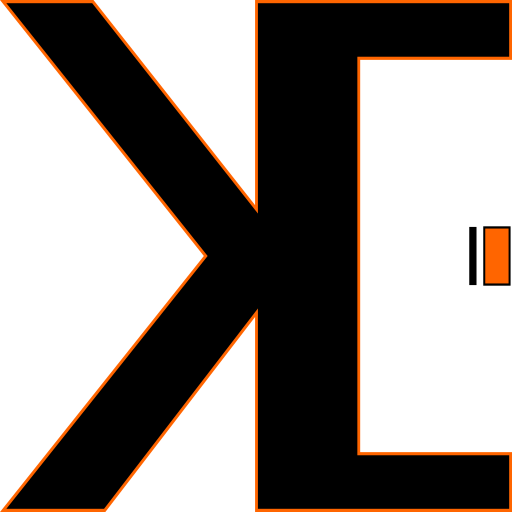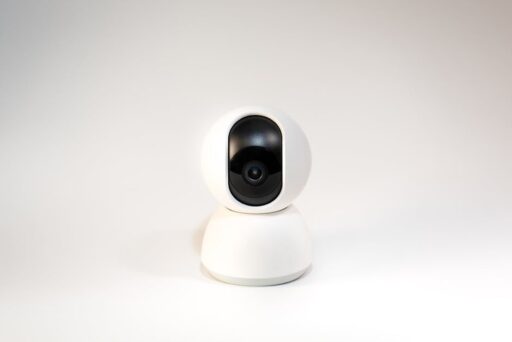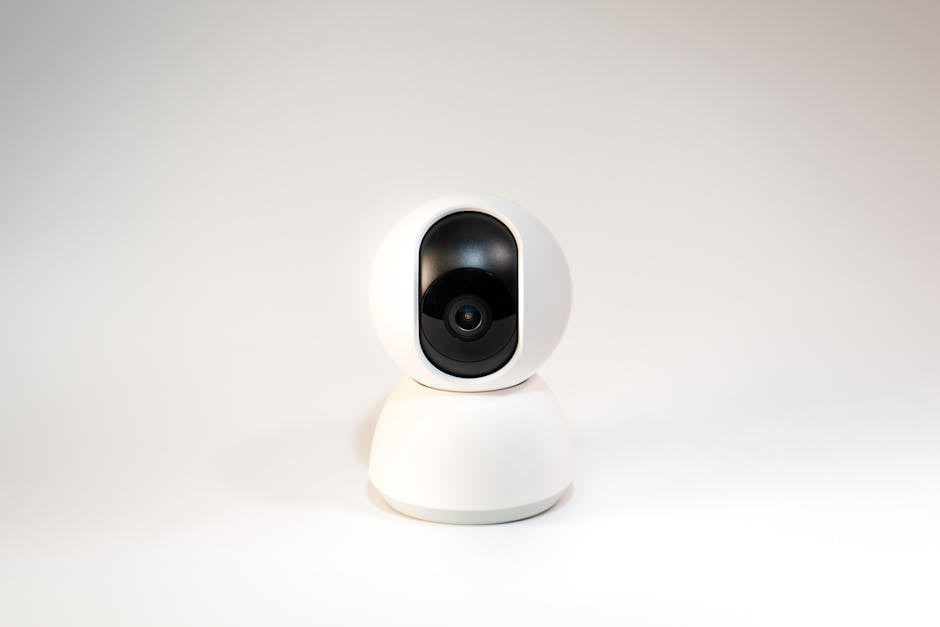Enhancing SaaS Security in the Era of Remote Work
With the increasing popularity of remote work, the demand for Software as a Service (SaaS) solutions has surged globally. But what exactly is SaaS technology? In essence, it’s a business model where vendors host and deliver software applications over the internet. This allows companies to access software on a pay-as-you-go basis, saving time and money by not having to maintain their own tech infrastructure.
The Importance of SaaS Security
SaaS applications are cloud-based, which inherently presents certain security risks such as phishing and malware attacks. Therefore, it’s crucial for companies to invest in robust SaaS security measures to protect corporate data and user privacy.
So, what is SaaS security, and does your company need it? Simply put, SaaS security involves safeguarding sensitive data and ensuring user privacy in subscription-based cloud programs. With millions of users accessing cloud-stored data from multiple devices and locations, the risk to sensitive information is significant.
Risks Associated with SaaS
While convenience is a major reason for adopting cloud solutions, security should never be overlooked. Here are some risks associated with using SaaS tools:
- Phishing and Malware: Cybercriminals are increasingly using sophisticated methods to exploit SaaS environments.
- Provider Shutdowns: If a SaaS provider closes, it may result in data portability issues, leading to potential data loss.
- Zero-Day Malware and Ransomware: File-sharing services can propagate malware, as shown in Bitglass’ Malware, P.I. report.
- Payment and Identity Theft: The convenience of credit card payments can expose users to identity theft risks.
- Insider Threats: Both accidental and malicious insider threats pose significant risks to organizations.
- Data Center Location Confidentiality: Many SaaS providers keep their data center locations confidential, which can be problematic for international compliance.
Best Practices for Choosing a SaaS Security Provider
When selecting a SaaS security provider, consider these crucial aspects:
- Customization: Ensure the security solution is tailored to your business’s digital assets.
- Expertise and Insights: Choose providers that offer in-depth cybersecurity expertise and use data insights to identify attack patterns.
- Performance Impact: Verify that the security service won’t negatively affect your application’s performance.
- Responsibility for Updates: Confirm that the provider will handle critical updates and patches.
- Incident Management: Review the provider’s crisis recovery and incident management plans.
Conclusion
Investing in a reliable security provider is crucial for protecting your company from data breaches. Equally important is choosing SaaS tools with robust security protocols. For instance, Traqq offers a secure time tracking solution with military-grade encryption to protect your data. Experience enhanced productivity with Traqq, and rest assured your information is safe.





